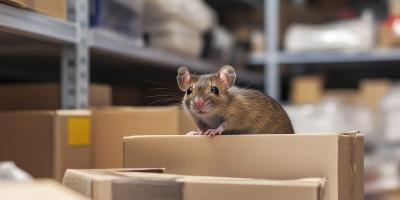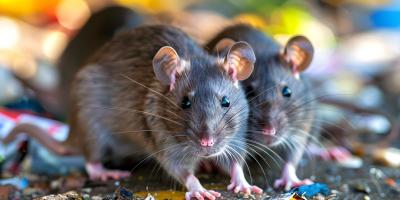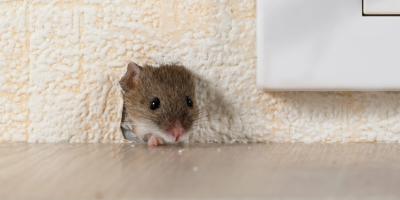Preventing And Controlling Rodents In Your Hospital

Rodents are simple pests that require only the very basics to survive: food, water, and shelter. Hospitals are typically massive and complex buildings which can provide rodents with a vast network of secluded nooks and crannies in which to prosper (in addition to their three necessities). An infestation of rodents in a healthcare facility is especially dangerous because these pests can carry disease and spoil food with the bacteria and viruses they harbor in their saliva and droppings. Exposure to dangerous pathogens could be disastrous for already health-compromised patients.
Hiring a professional pest control company to conduct an assessment of your facility is advisable for prevention purposes, even if an issue has not yet arisen. This assessment will help you identify what areas or practices in the hospital might be attracting the pests, and can assist in putting a plan in place to eradicate rats and mice, as well as prevent them from returning.
Where And How Pests Live
Large hospitals usually have multiple food preparation and dining areas. All of these locations should have strict cleanliness guidelines similar to any restaurant for staff to ensure that no scraps or trash are left accessible to rodents. All trash cans should have tightly sealed lids and garbage should be removed from the premises multiple times per day. Patient rooms should also be cleaned on a daily basis if patients are being fed in their rooms. Visitors should be reminded that snacks left behind are tempting to pests as well.
Pest control experts can also identify rogue sources of water in the hospital that rats can access. Stagnant water can sustain other pests as well, such as insects. This can be found in unexpected areas like maintenance cupboards or laundry facilities, which should be included in any assessment by a professional.
Rats can enter the hospital through cracks and crevices the width of a quarter, so sealing the building from the outside is paramount to your pest control success. Debris and shrubbery along the hospital walls should be removed (if possible) to eliminate hiding places for colonies of pests entering the building, especially during the fall and winter months. A professional pest control company can help identify problem areas that should be upgraded.
Eradication And Prevention
Chemical control of pests, bait loaded traps, and the disposal of dead rodents should always be administered by a professional pest control company. The professionals you choose should keep detailed logs of when and where pests are caught in traps to track the efficacy of their plans for eradication. However, just as important as these chemical and trap controls is staff and patient cleanliness and vigilance. If the food and water supply to rodents is cut off through the measures mentioned above, they are far less likely to survive in the hospital in the first place.
A professional company can help create tailor-made plans for prevention in your facility, which can be distributed throughout the hospital. Request a free commercial consultation with JP Pest Services today to safely and completely eliminate and prevent rodents from infesting your hospital.



